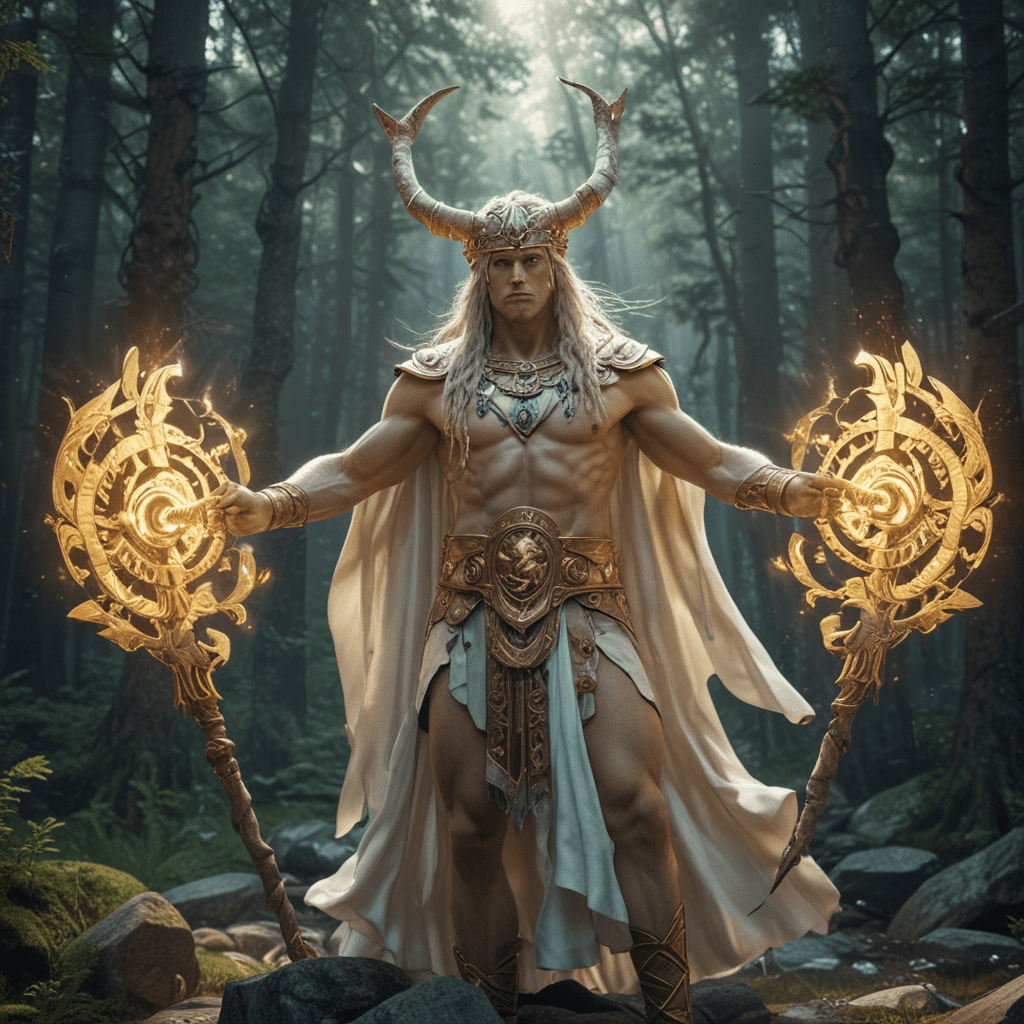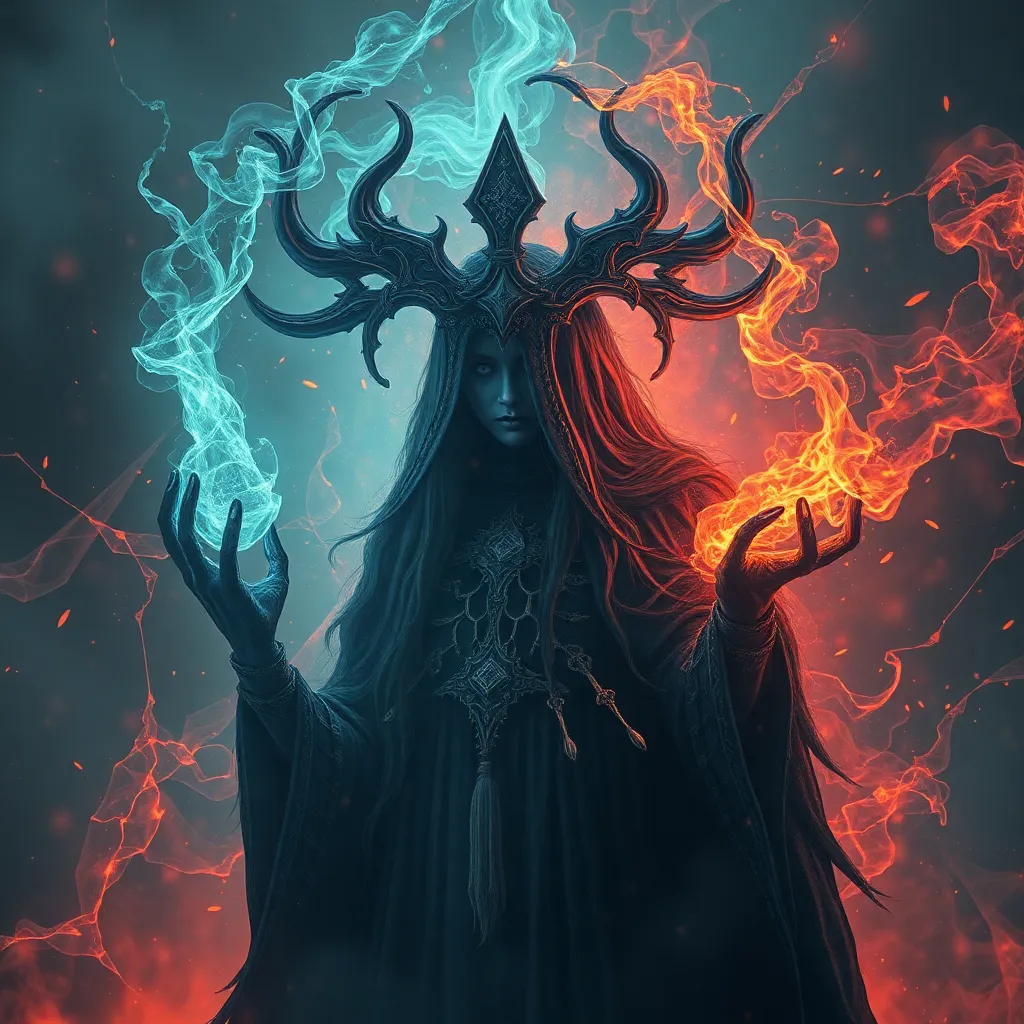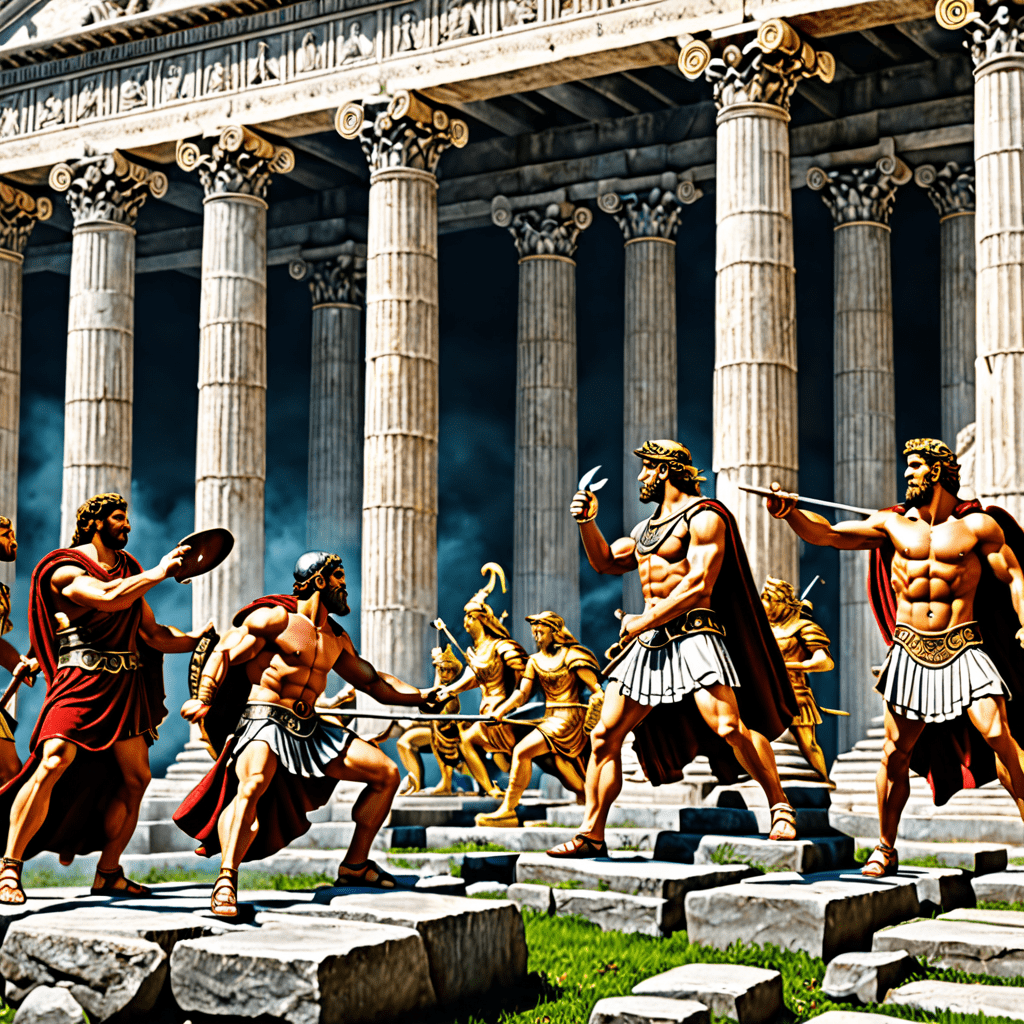The Concept of Honor in Norse Mythology
Understanding Honor in Norse Mythology
In Norse mythology, honor holds a central place in the hearts of gods, warriors, and beings alike. Known as “hugr” in Old Norse, honor was not only about reputation but reflected the values and integrity of an individual. Honor was earned through bravery in battle, loyalty to one’s kin, and observance of oaths and commitments. To the Norse, maintaining one’s honor was crucial, as it symbolized one’s prowess, dignity, and worth.
The Importance of Oaths and Promises
In Norse mythology, honoring one’s word and commitments carried immense weight. Breaking an oath or failing to keep a promise was seen as a grave offense, not only towards others but also towards the cosmic balance. The concept of “feykir” emphasized the necessity of upholding oaths, ensuring trust among individuals and maintaining the fabric of relationships in the Norse world.
Honor in Combat and Death
Warriors in Norse mythology held a special relationship with honor, especially on the battlefield. To die with honor, known as “drengskapur,” was the ultimate goal for Norse warriors. Achieving feats of valor in combat, showing courage in the face of death, and accepting one’s fate with dignity were all crucial aspects of upholding honor in battle. Warriors who fell in combat were believed to be welcomed into the halls of Valhalla, a place reserved for the bravest of warriors who died an honorable death.
The Legacy of Honor in Modern Culture
The concept of honor in Norse mythology continues to resonate in modern culture. References to Norse honor can be found in literature, art, and even popular media. Themes of loyalty, courage, and integrity draw inspiration from the rich tapestry of Norse mythology, reminding us of the enduring significance of honor in shaping individual character and collective values.
By delving into the depths of Norse mythology, we uncover a world where honor was not merely a fleeting idea but a guiding principle that infused every aspect of existence. The legacy of Norse honor serves as a reminder of the timeless virtues that have shaped human narratives for centuries.
FAQs about the Concept of Honor in Norse Mythology
What is the significance of honor in Norse Mythology?
In Norse mythology, honor, known as “hugr,” was a central concept that dictated the behavior of gods, warriors, and mortals. It represented a person’s reputation, integrity, and adherence to a strict code of ethics.
How did honor influence the actions of Norse gods and heroes?
Honor was a driving force behind the decisions and actions of Norse gods like Odin, Thor, and heroes like Sigurd. Upholding one’s honor was crucial, as it determined one’s place in the afterlife and reputation among peers.
What were the consequences of dishonorable behavior in Norse mythology?
Dishonorable actions, such as breaking oaths, cowardice in battle, or betrayal, were severely punished in Norse mythology. Those who acted dishonorably risked eternal shame, exclusion from the afterlife, or being cursed by powerful deities.
How did Norse society view honor and its importance?
In Norse society, honor was highly valued and was intertwined with notions of loyalty, courage, and integrity. Warriors who displayed exemplary honor were celebrated in sagas and songs, immortalizing their deeds for generations to come.



